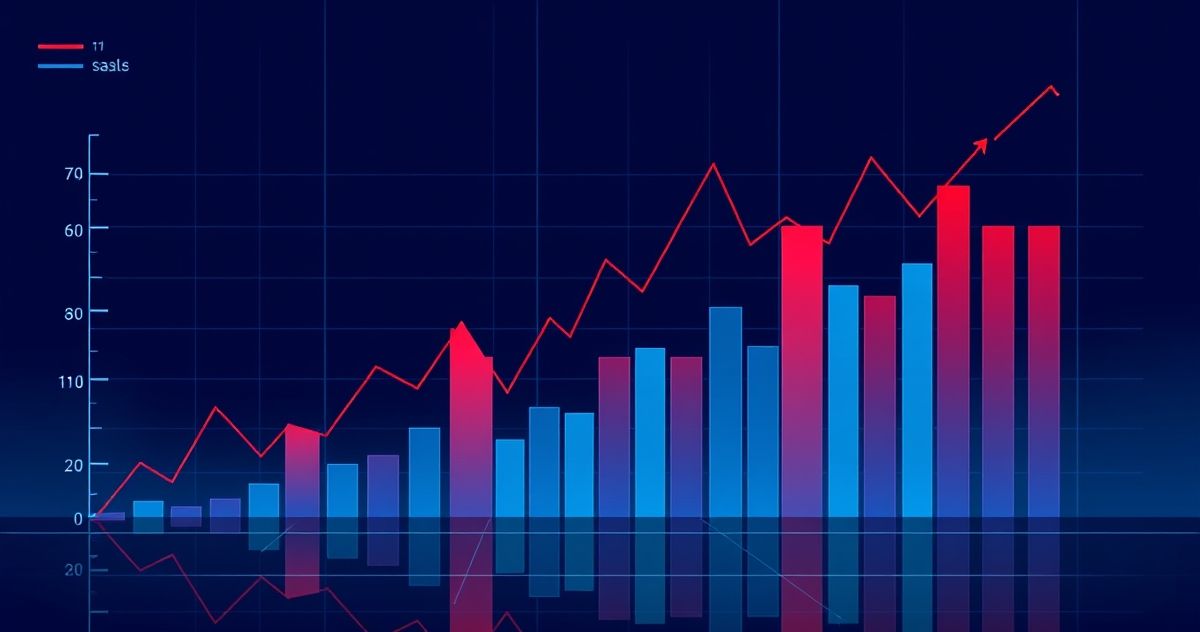
Significant Economic Milestone for Eurozone's Largest Economy
Germany's consumer price inflation reached exactly 2.0% in June, matching the European Central Bank's target rate and marking a significant milestone for the eurozone's largest economy. The German Federal Statistical Office (Destatis) announced on June 30th that the consumer price index rose 2.0% year-over-year. This reading came in 0.2 percentage points below economists' expectations of 2.2%, aligning perfectly with the European Central Bank's inflation target. The achievement represents a crucial step toward price stability in Europe's economic powerhouse. The inflation data provides strong evidence that the ECB's monetary policy measures are effectively bringing price pressures under control across the eurozone.Lowest Level Since February 2024
Germany's inflation rate hitting 2.0% marks the first time since February 2024, approximately 16 months ago, that the country has achieved this level. This development signals positive progress toward price stability in Europe's largest economy. As the eurozone's economic cornerstone, Germany's price trends significantly influence ECB monetary policy decisions. The country's inflation moderation particularly expands the central bank's room for interest rate reductions. Energy price stabilization, supply chain normalization, and base effects are analyzed as key contributors to the inflation slowdown, reflecting broader economic adjustments following recent global disruptions.Impact on ECB Interest Rate Policy
Franziska Palmas, senior European economist at Capital Economics, stated that the latest inflation data will please the ECB. Germany's data demonstrates that the ECB has nearly accomplished its mission to reduce inflation to the 2% target level. The ECB has already implemented four interest rate cuts of 0.25 percentage points each this year, maintaining the current rate at 2.0%. Germany's achievement of the inflation target provides additional justification for further rate reductions. Financial markets predominantly expect the ECB to implement one to two additional rate cuts before year-end, with Germany's positive inflation data supporting this outlook.Signal for Eurozone Economic Recovery
Germany's inflation moderation is expected to positively impact the broader eurozone economy. Price stability can lead to consumer purchasing power recovery and increased business investment activities. The development is particularly expected to benefit German manufacturing competitiveness and export expansion. Reduced inflationary pressure should also alleviate wage increase pressures, lessening corporate cost burdens. However, concerns about economic growth rate slowdown remain, requiring the ECB to balance price stability objectives with growth support measures.Comparison with Global Inflation Trends
Germany's inflation moderation aligns with global inflation stabilization trends. The US Federal Reserve is also considering rate cuts based on inflation slowdown, with major central banks increasingly adopting accommodative monetary policy stances. Nevertheless, geopolitical risks, energy price volatility, and supply chain instabilities continue posing potential upward inflation pressures. Central banks consequently maintain cautious approaches to policy adjustments. Germany's current inflation data represents an important indicator of potential European economic stabilization, providing valuable insights for global monetary policy coordination.Future Outlook and Challenges
Experts project that German inflation will remain stable around 2% for the foreseeable future. This stability is expected to expand ECB's room for additional interest rate reductions while supporting broader eurozone economic recovery. However, the pace of economic growth recovery and labor market improvement will serve as key variables determining future monetary policy direction. The ECB must simultaneously pursue inflation target achievement and economic growth support objectives. Addressing Europe's structural economic challenges while establishing sustainable growth foundations remains a critical long-term priority for policymakers across the region.Original: https://trendy.storydot.kr/economy/germany-inflation-june-2-percent-ecb-target


0 Comments